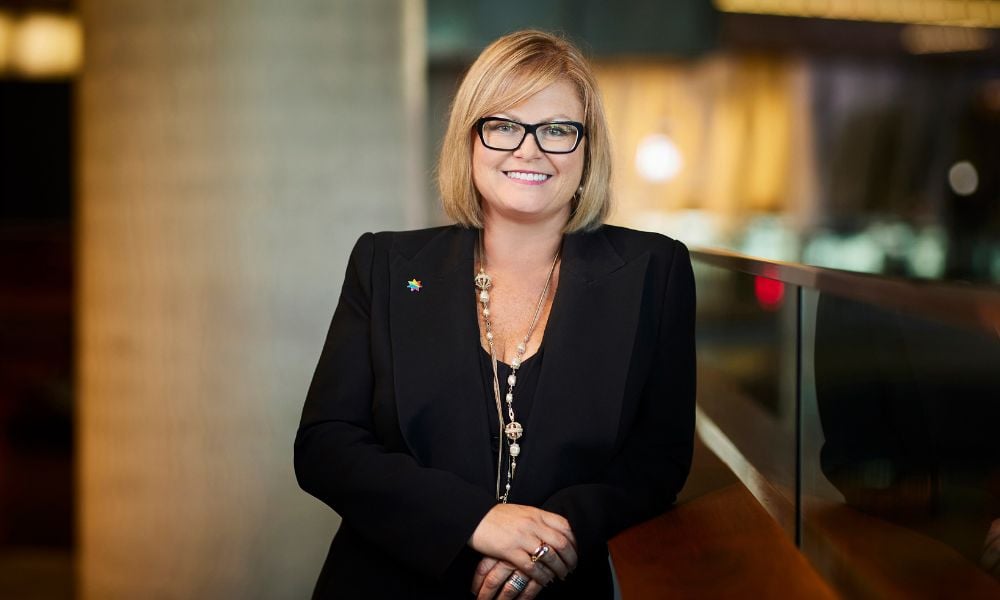Consumer stress rises as cost-of-living pressures continue to bite

Australians are still buying products but are now more mindful about where they spend their money on, according to the latest insights from NAB.
The NAB Consumer Stress Index revealed that Australian consumers were increasingly concerned as cost-of-living pressures continue to bite, with the index climbing to 56 points in Q4 2022, up from 55.2pts in the previous quarter, but remains comfortably below the survey average of 58.5pts.
Stress associated with the cost-of-living remains the biggest cause of overall stress, lifting 0.2pts to a four-and-a-half year high of 67.7pts, with groceries, utilities, and transport top of mind of consumers.
“Consumers are still buying, but what they spend their money on must be worth the investment,” said Alan Oster, NAB chief economist. “Consumers are splurging less and spending more on essentials and necessities like utilities and groceries.”
According to the NAB report, around four in 10 consumers have cut back or stopped buying micro treats such as coffees and snacks, cut down on car journeys to save petrol, or cancelled or cut spending on entertainment, such as going to the cinema or theatre.
Around one in three, meanwhile, had cancelled, delayed, or made more modest holiday plans, cancelled, or cut back food delivery services, cancelled or delayed a major household purchase, or cut back on charitable giving.
To contend with the rising cost-of-living, Australians are also switching to less expensive products, researching to make more informed purchases, and buying Australian-made products, the report found.
“Australians are now making small but thoughtful changes to their purchases to keep on top of increasing costs,” said Rachel Slade (pictured above), NAB group executive personal banking.
“People are prioritising the things that matter for right now and spending less on big ticket items like travel or holidays, home improvements, and major household purchases, as well as eating out and entertainment.”
But if there’s anything consumers are reluctant to make cutbacks on, it’s their spending on their children, their pets, and/or personal fitness.
Despite the move to more “thoughtful spending,” total spending rose 1.6% in the December quarter but has largely levelled off marking the slowest quarterly growth rate in 2022, NAB’s economic data showed.



